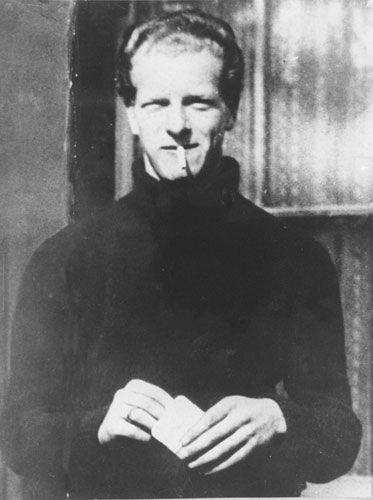
A recent BBC documentary tackles the subject of capital punishment and does a fair job in a one hour slot, from a largely British perspective.

For those who can receive it, this BBC4 programme is currently on iplayer, but be quick or watch out for it on YouTube. This is the last programme in the current Timeshift series, and it makes a fair effort, although of course this is a vast subject.
It begins with the bald statement that the death penalty has been abolished due to the machinations of a powerful liberal elite. Having said that, few who know anything about this subject would disagree, including most ordinary people of a certain age.
The programme ihas contributions from a number of pundits including a barrister named of all things Harry Potter, and two Conservative politicians – Ann Widdicombe and former Home Secretary Michael Howard (the man who famously changed his mind; who says there is no such thing as an honest politician?)
The historical perspective is interesting; the programme points out that there were once over 200 offences in Britain that were capital, something that was known as The Bloody Code.
Executions were carried out in public and often had a party atmosphere, but by the end of the 1830s, in practice murder was the only offence for which men were hanged, although rape remained capital until 1842. The last public execution in England was 1868 when terrorist murderer Michael Barrett was hanged outside Newgate Prison as the crowd sang Champagne Charlie (and Rule, Britannia! according to another source).
The crime of murder has always been at the heart of the death penalty debate though, and the programme covers or tries to cover many of the important players including the eccentric abolitionist Mrs Violet Van der Elst, Britain’s best known hangman Albert Pierrepoint, and the cases of both Derek Bentley (of Bentley & Craig infamy) and Ruth Ellis, the last woman to be hanged.
One commentator identified the Ellis case as the catalyst for abolition that led to the Homicide Act, which included the legal fiction of diminished responsibility. Sydney Silverman is mentioned only in connection with his proposed moratorium in 1964, but he had been campaigning against capital punishment since the 1940s.
Shortly after this, the notorious case of the Moors Murders tested Parliament’s resolve, but it didn’t bow to popular opinion, and now it is safe to say the death penalty will never be restored. However, two contributors point out that a life sentence is not an easy option.
There are a few mentions of the death penalty elsewhere including archive footage of Clive Stafford Smith who back in the 1980s took up the case of Ed Johnson who was executed “despite evidence suggesting [he] was innocent”. What evidence was that, precisely?
In spite of its obvious shortcomings – principally time – this documentary is a reasonable introduction to a complex and controversial subject.
[The above was first published June 12, 2012; the original wasn’t archived.]
Back To Digital Journal Index